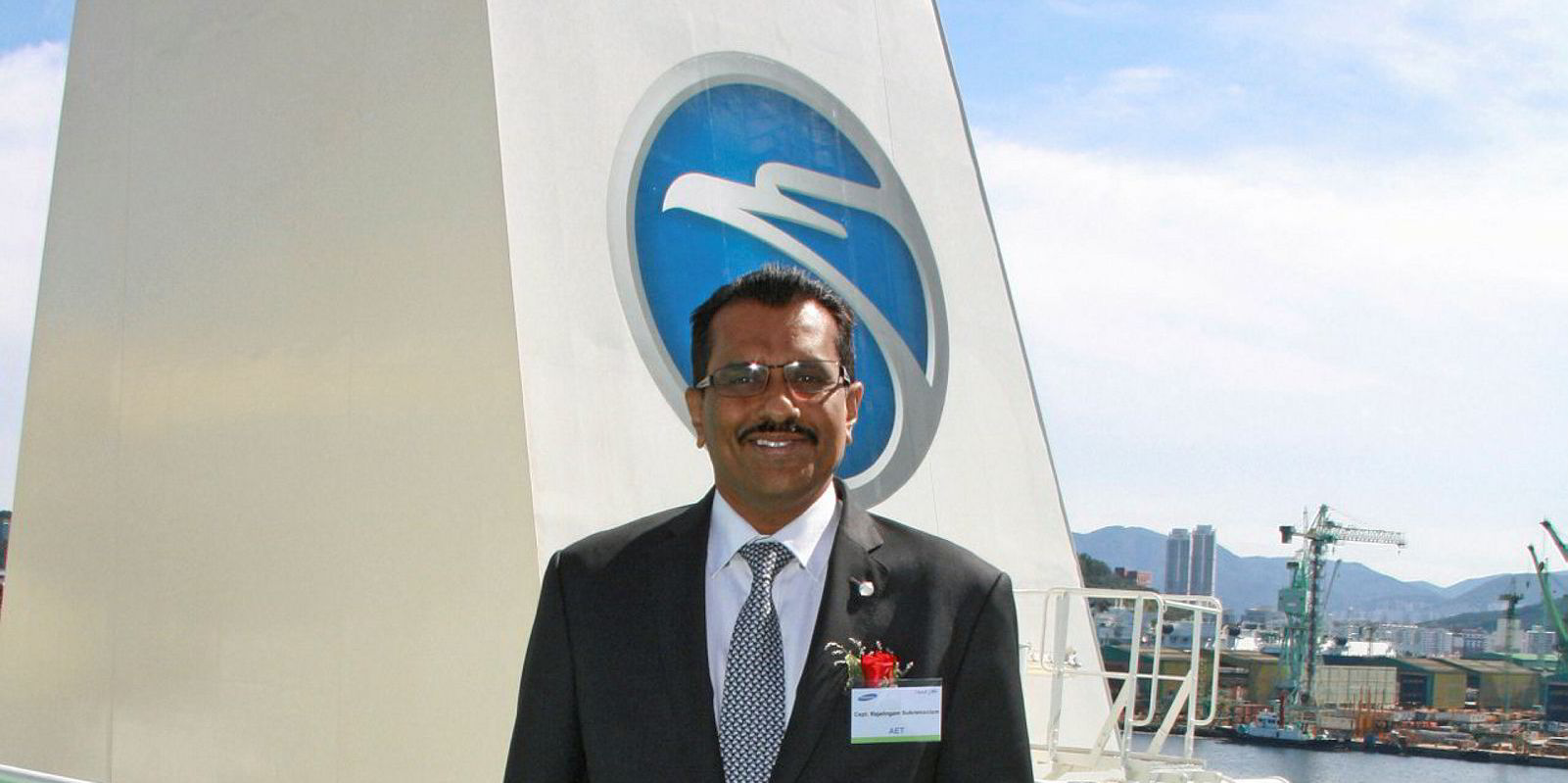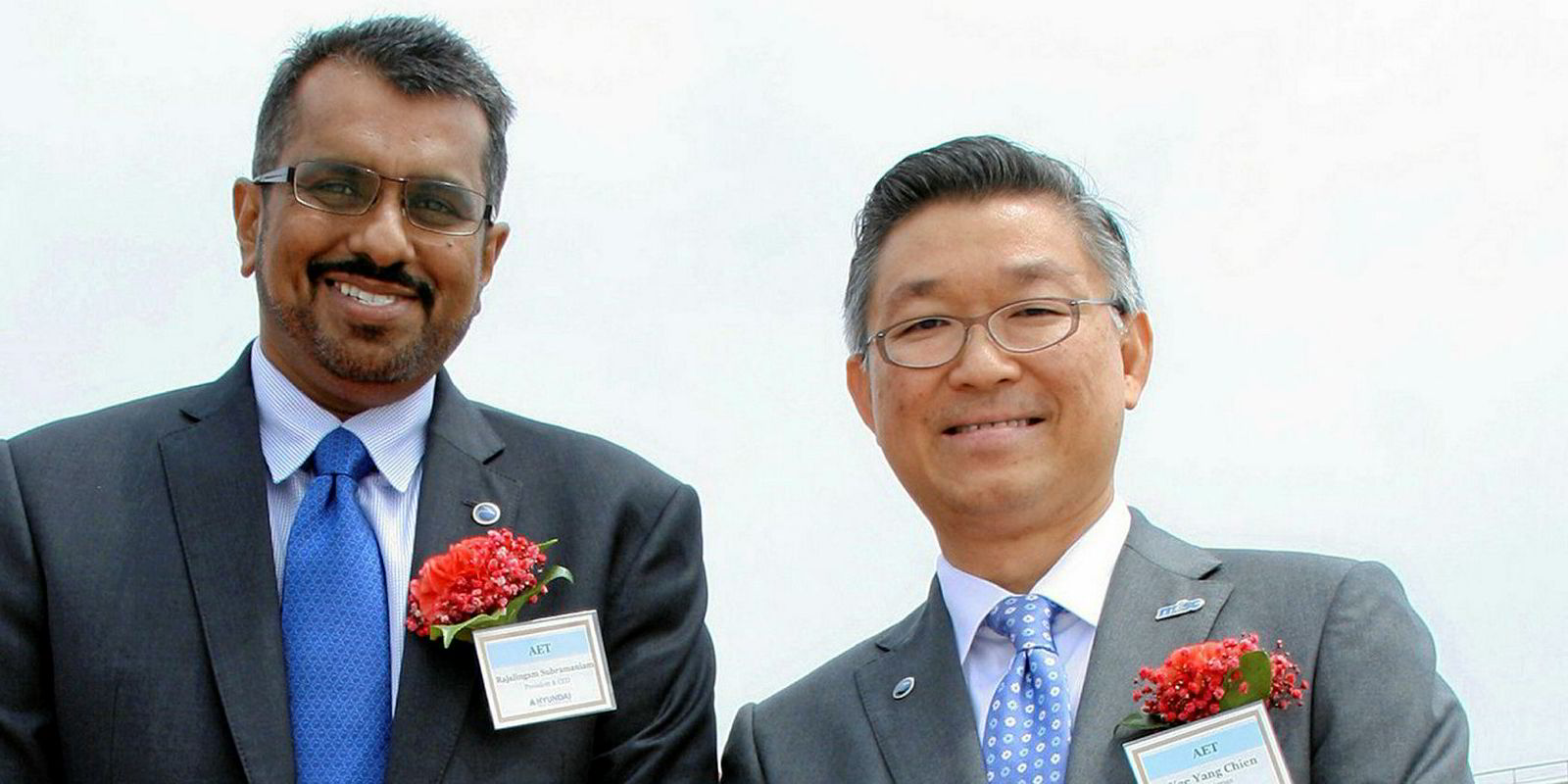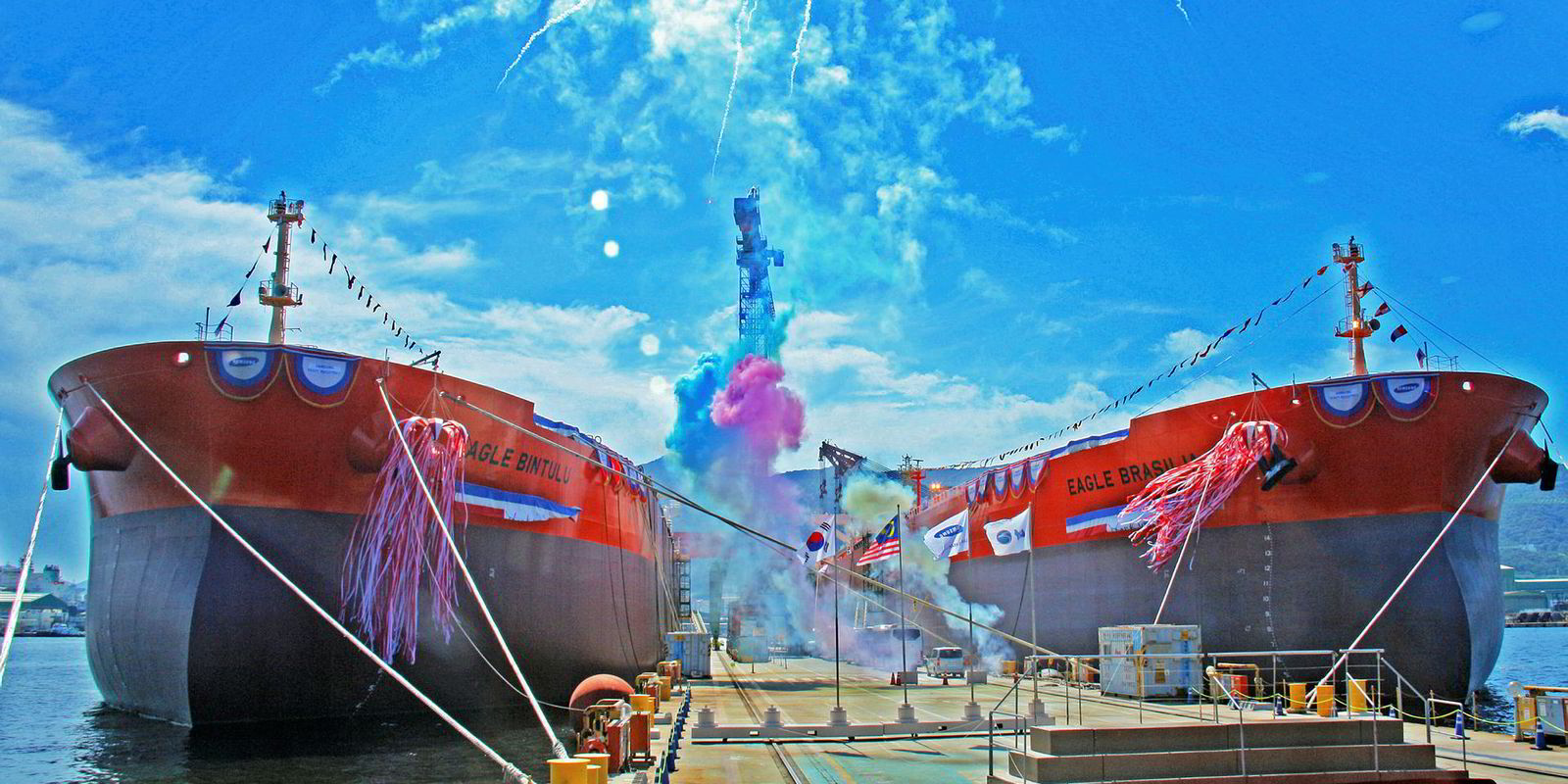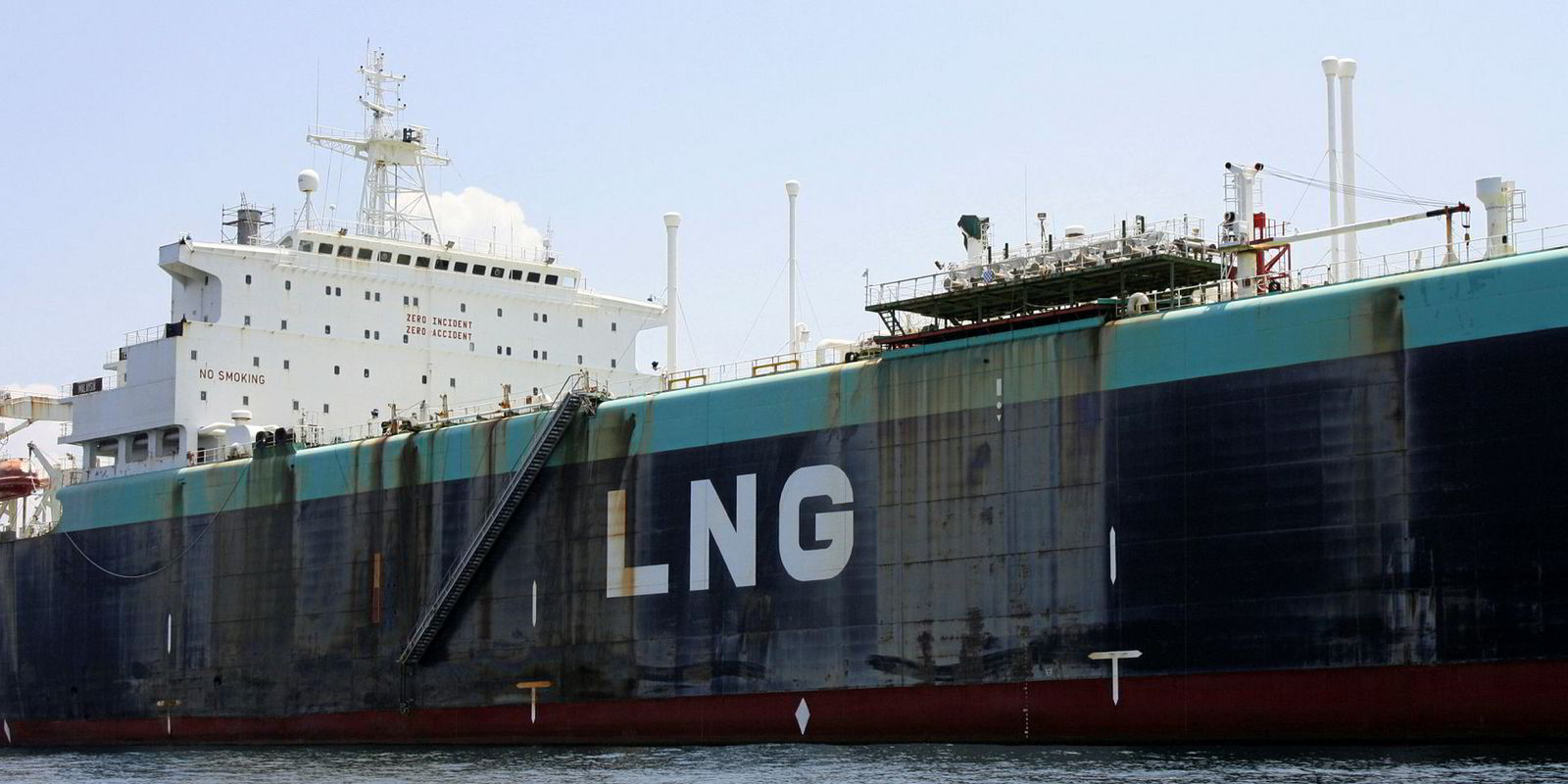AET Tankers has taken a major step towards renewing its aframax fleet with a $40m clear-out of up to five veteran vessels.
The end-of-year move would more than double the number of aframaxes scrapped by the Malaysian owner in 2018, which has been a record year for tanker scrapping overall.
Rajalingam Subramaniam, AET president and chief executive, confirmed the 105,000-dwt Bunga Kelana 6 (built 1999) has been sent for demolition.
While he did not disclose further details, brokers report that the ship was sold for recycling in Bangladesh at a price of $463 per ldt, which equates to $7.9m.
As TradeWinds went to press, reports began circulating of AET scrapping four additional aframaxes.
Additional vessels
Demolition experts pointed to the 107,000-dwt Eagle Anaheim, Eagle Atlanta and Eagle Augusta (all built 1999) and the 116,000-dwt Eagle Birmingham (built 1997) as all bound for the breakers.
At prices of $443 to $445 per ldt, AET would have collected more than $32m for the quartet. However, attempts to confirm the transactions with the shipowner were unsuccessful.
If the flurry of activity is confirmed, AET will have disposed of eight aframaxes dating from the late-1990s this year.
Three similarly-aged tankers remain in its fleet and are likely to be sold ahead of the 2020 sulphur cap, or when their next special surveys fall due.
Rajalingam said AET would continue to review its fleet profile and make adjustments as required.
“This will include a continued investment in eco-friendly vessels and solutions that support IMO’s 2050 aspirations,” he said.
AET operates a fleet of more than 50 aframax tankers that are deployed on a mix of spot and period charters, and contracts of affreightment.
Renewal strategy
The company, which is in the process of taking delivery of a pair of LNG-powered aframax tankers, has focused its fleet renewal strategy on ordering newbuildings against long-term contracts.
In an interview with TradeWinds in October, Rajalingham stressed that future orders would largely be undertaken on a project-based basis.
At the same time, he indicated the company planned to replace older conventional vessels with dual-fuel ships when they reached the end of their service lives.
AET and its parent MISC Berhad have a long-term goal of having at least 50% of their combined fleets powered by LNG.






